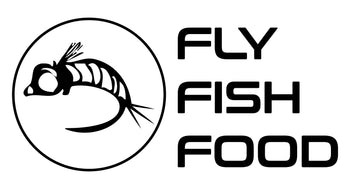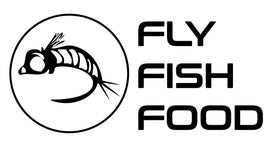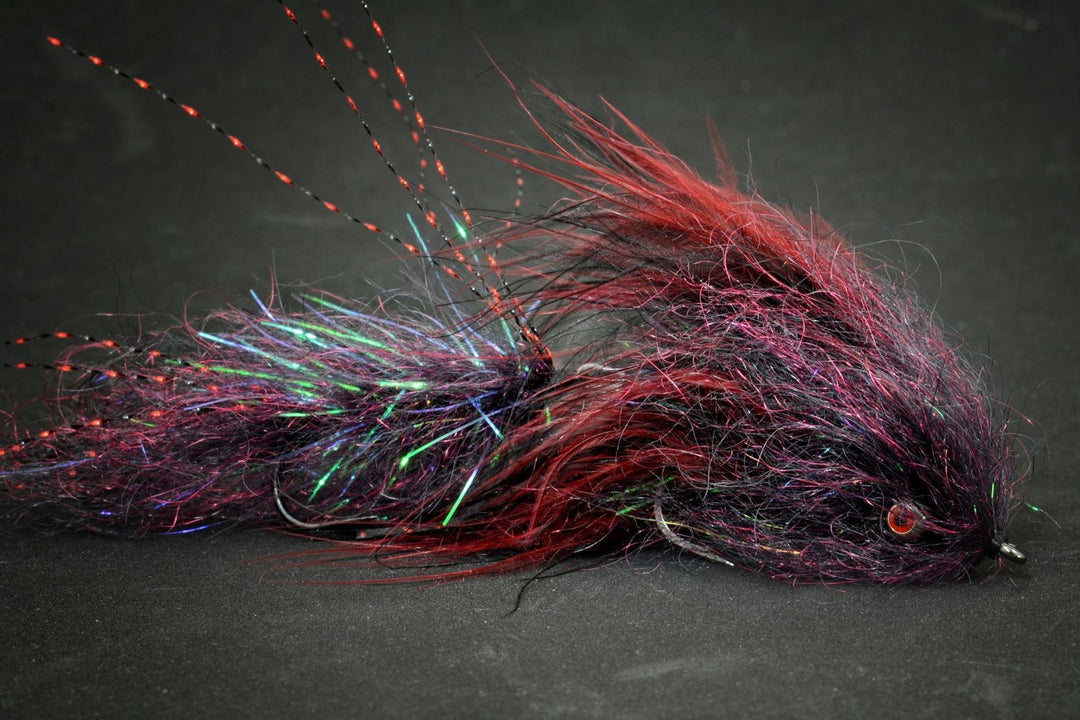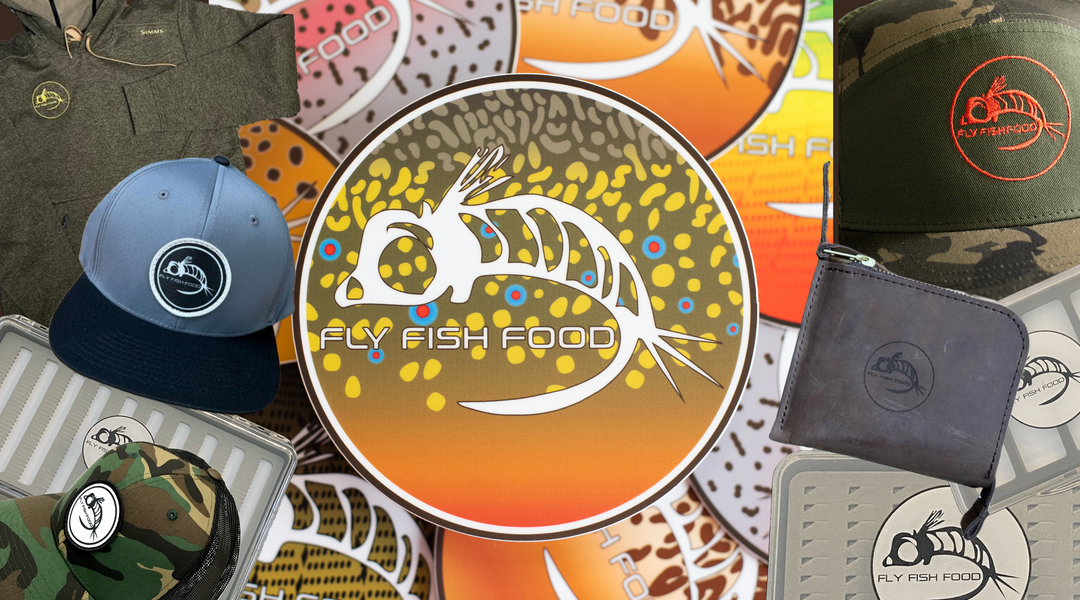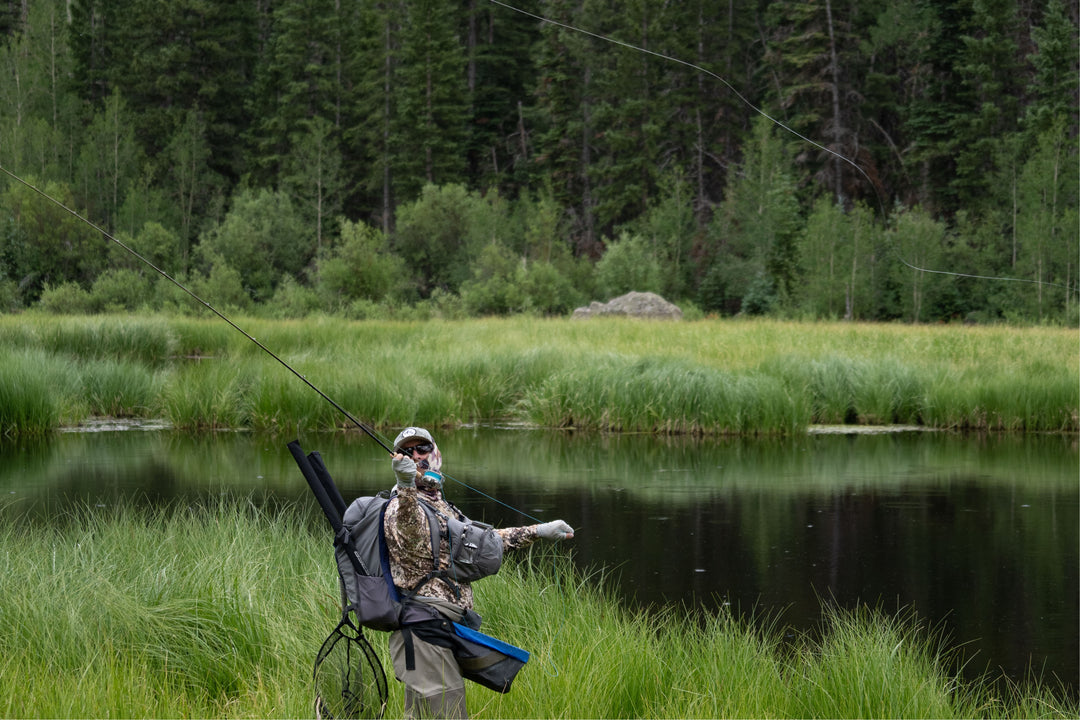Silver Creek Fly Fishing Report - January 1/4/2026
SILVER CREEK FLY FISHING REPORT
Idaho spring creek — Picabo / Sun Valley area
Report Date: January 4, 2026 | Next Update: January 11, 2026
Current River Conditions
Winter, but fishable. Silver Creek is crystal clear and cold — classic spring‑creek conditions. Expect selective trout and technical presentations; small flies and long, soft leaders are the name of the game.
Flows & Clarity
Flow: Spring‑fed, low and steady (typical winter base flow)
Clarity: Excellent — highly sight‑sensitive trout
Note: Much of the Preserve is managed seasonally; downstream public sections remain fishable.
Flow: Spring‑fed, low and steady (typical winter base flow)
Clarity: Excellent — highly sight‑sensitive trout
Note: Much of the Preserve is managed seasonally; downstream public sections remain fishable.
Water Temperature
Current: ~36–40°F (2–4°C)
Daily swing: Small; water stays cold from the springs
Fish behavior: Slow metabolism but visible, opportunistic sipping on midges and emergers.
Current: ~36–40°F (2–4°C)
Daily swing: Small; water stays cold from the springs
Fish behavior: Slow metabolism but visible, opportunistic sipping on midges and emergers.
Weather & Forecast
Typical early‑January pattern: cold mornings, milder midday sun, chance of light snow or clear cold high pressure
Wind: Light to moderate; watch for bright, calm windows for surface activity.
Typical early‑January pattern: cold mornings, milder midday sun, chance of light snow or clear cold high pressure
Wind: Light to moderate; watch for bright, calm windows for surface activity.
Regulations & Access
Winter rules apply — many sections are fly‑fishing only / catch‑and‑release during the winter period. The Nature Conservancy Preserve manages specific access; check local notices before you go. Dress for cold and slippery banks.
Winter rules apply — many sections are fly‑fishing only / catch‑and‑release during the winter period. The Nature Conservancy Preserve manages specific access; check local notices before you go. Dress for cold and slippery banks.
Hatch Chart & Insect Activity (early January)
| Insect / Food | Typical Sizes | Activity | Prime Window |
|---|---|---|---|
| Midges (adult & pupa) | #18–26 | Dominant — high importance for fish feeding | All day; subtle sipping mid‑morning & late afternoon |
| Baetis (small BWO) | #18–22 | Possible in milder midday windows | Late morning on warm, sunny days |
| Caddis / PMD / Salmonfly | #14–20 / #10–12 / #4–8 | Mostly dormant — not a reliable winter factor | Unlikely — revisit in spring |
| Terrestrials (ants, beetles) | #10–16 | Minimal — only on unusually warm days | Warm midday shorelines |
Recommended Flies — Winter Silver Creek (Links & patterns)
Winter Silver Creek rewards small, precise flies and patient presentations. Below are carefully selected, shop‑available patterns that match the spring‑creek midge/baetis emphasis and the nymph‑/jig‑style tactics that produce here. Each pattern link will take you to the exact tied fly.
Midges & Emergers (primary)
- Black Zebra Midge (beadhead / winter midge)
- Higa's SOS - Black (winter midge / pupa)
- Top Secret Midge (subtle emerger / pupa)
- Massacre Midge - Black (parachute / emerger options)
Nymphs & Jigs (indicator, euro, and jig rigs)
- Egan's Thread Frenchie Jig — Olive (jig / winter midge & nymph presentations)
- Egan's Frenchie (attractor / nymph / tungsten bead options)
- Roza’s Perdigon (micro nymph / euro nymphing)
- Pheasant Tail Tungsten (classic emerger/nymph in small sizes)
Dry & Surface Patterns (for visible sipping)
- Parachute — Blue Wing Olive (small, high‑visibility BWO style)
- Egan's Silver Bullet — Baetis (light dry/emerger profile)
- Stealth Link Mercer — PMD (emergers / subtle dries)
- Antonio's Adult BWO (small adult mayfly)
Streamers & Larger Attractors (low‑light / searching fish)
- Egan's Poacher — Olive (anchoring streamer / search pattern)
- Coffey's Sparkle Minnow — Sculpin (sculpin profile for deeper runs)
- Sculpzilla — Olive (articulated / sculpin imitator)
- Near Nuff Sculpin — Olive (classic heavy‑water sculpin)
Tactics & Tips — How to fish it on January 4, 2026
- Watch for tiny, short rises: fish will often sip midges with almost no surface commotion. Get high and quiet and read the water before you cast.
- Leader & tippet: long leaders (10–14 ft), fine butt sections and 6X–7X tippet for dries/emerger presentations. For euro nymphing, match the leader to your setup and use micro tungsten jigs where appropriate.
- Rigging: for subsurface work use a single jig nymph (Frenchie/Jig Frenchie) under a short indicator or in a two‑fly rig with a small zebra/pearl midge as a point. In very clear water, go subtle — smaller beads, smaller profiles.
- Presentation: dead‑drift emergers close to risers; tight line euro / short, slow swings in slower seams; twitch a small streamer slowly in deeper runs on low‑light periods.
- Flotation & strike detection: small dry flies can disappear completely — watch the line, not the fly. Use a small strike indicator or tight‑line detection when working nymphs.
- Etiquette & caution: Silver Creek trout are pressured and educated—move slowly, avoid bank shadowing, pack out what you pack in, and confirm Preserve access before entering protected lands.
- Leader & tippet: long leaders (10–14 ft), fine butt sections and 6X–7X tippet for dries/emerger presentations. For euro nymphing, match the leader to your setup and use micro tungsten jigs where appropriate.
- Rigging: for subsurface work use a single jig nymph (Frenchie/Jig Frenchie) under a short indicator or in a two‑fly rig with a small zebra/pearl midge as a point. In very clear water, go subtle — smaller beads, smaller profiles.
- Presentation: dead‑drift emergers close to risers; tight line euro / short, slow swings in slower seams; twitch a small streamer slowly in deeper runs on low‑light periods.
- Flotation & strike detection: small dry flies can disappear completely — watch the line, not the fly. Use a small strike indicator or tight‑line detection when working nymphs.
- Etiquette & caution: Silver Creek trout are pressured and educated—move slowly, avoid bank shadowing, pack out what you pack in, and confirm Preserve access before entering protected lands.
Quick Tactics Checklist
Morning
Tight, quiet approach; euro nymph or indicator with tungsten jig; focus seams and drop‑offs.
Tight, quiet approach; euro nymph or indicator with tungsten jig; focus seams and drop‑offs.
Midday
Calm sunny windows: switch to small emerger/dry presentations; watch for sipping rises.
Calm sunny windows: switch to small emerger/dry presentations; watch for sipping rises.
Afternoon / Low Light
Try small streamers or slightly bigger sculpin‑style patterns; give the fish a reason to move.
Try small streamers or slightly bigger sculpin‑style patterns; give the fish a reason to move.
Gear Notes
Rods: 3–5 wt for dries, 4–6 wt for streamers; rods with soft tips help delicate presentations. Use fluorocarbon tippet for invisibility in super‑clear water.
Rods: 3–5 wt for dries, 4–6 wt for streamers; rods with soft tips help delicate presentations. Use fluorocarbon tippet for invisibility in super‑clear water.
